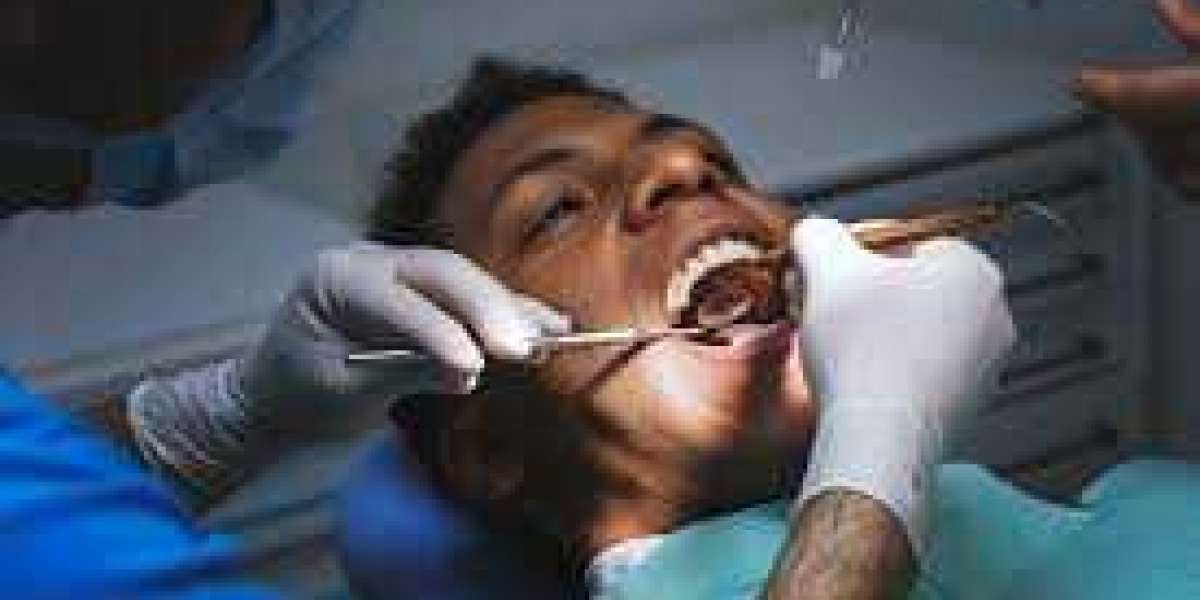Maintaining oral health is crucial for overall well-being. Sometimes, despite our best efforts, tooth extraction becomes necessary. Understanding the reasons behind tooth extraction can help alleviate concerns and prepare you for the procedure. In this article, we will delve into the top five reasons why you might need a tooth extraction, providing detailed insights to ensure you are well-informed.
1. Severe Tooth Decay
Tooth decay, also known as dental caries or cavities, is one of the leading causes of tooth extraction. When bacteria in the mouth produce acids that erode the enamel, it leads to decay. If detected early, cavities can be treated with fillings or crowns. However, if the decay reaches the pulp—the innermost part of the tooth containing nerves and blood vessels—it can cause severe infection and pain. In such cases, a root canal might not be sufficient, and extraction becomes the only viable option to prevent the infection from spreading.
Symptoms of Severe Tooth Decay
- Persistent toothache
- Sensitivity to hot, cold, or sweet foods and drinks
- Visible holes or pits in the teeth
- Swelling and redness around the affected tooth
- Bad breath or a bad taste in the mouth
2. Gum Disease
Gum disease, or periodontal disease, is another common reason for tooth extraction. This condition occurs when plaque—a sticky film of bacteria—builds up on the teeth and hardens into tartar, leading to inflammation and infection of the gums. In its early stages, gum disease is known as gingivitis and can often be reversed with proper oral hygiene and professional cleaning. However, if left untreated, it can progress to periodontitis, causing the gums to pull away from the teeth, creating pockets that harbor bacteria. Eventually, the bone and tissue supporting the teeth can be destroyed, resulting in loose teeth that may need to be extracted.
Signs of Gum Disease
- Red, swollen, or bleeding gums
- Persistent bad breath
- Receding gums
- Loose or shifting teeth
- Pus between the teeth and gums
3. Impacted Teeth
Impacted teeth are teeth that fail to erupt properly through the gum line. This issue commonly affects wisdom teeth, the last set of molars that typically emerge in the late teens or early twenties. When there isn't enough space in the jaw for these teeth to come in fully, they can become impacted, growing at odd angles or remaining trapped beneath the gum. Impacted teeth can cause pain, swelling, and infection, and they can also damage adjacent teeth. In such cases, extraction is often recommended to alleviate discomfort and prevent further complications.
Symptoms of Impacted Teeth
- Pain and swelling in the back of the mouth
- Difficulty opening the mouth
- Bad breath or a bad taste in the mouth
- Swollen lymph nodes in the neck
- Red or swollen gums around the impacted tooth
4. Overcrowding
Overcrowding occurs when there is insufficient space in the jaw to accommodate all the teeth properly. This can lead to misaligned teeth, bite problems, and difficulty maintaining oral hygiene, increasing the risk of decay and gum disease. In orthodontic treatments, extracting one or more teeth is often necessary to create space and allow the remaining teeth to be properly aligned using braces or other dental appliances.
Indicators of Overcrowding
- Crooked or overlapping teeth
- Difficulty biting or chewing
- Jaw pain or discomfort
- Difficulty cleaning between teeth
- Speech problems
5. Trauma or Injury
Trauma or injury to the mouth can result in damaged teeth that may need to be extracted. Accidents, falls, or sports-related injuries can cause teeth to crack, break, or become dislodged. While minor fractures can often be repaired with dental bonding, crowns, or other restorative procedures, severely damaged teeth that cannot be repaired may need to be removed to prevent infection and ensure the health of surrounding teeth and tissues.
Signs of Severe Tooth Damage
- Visible cracks or breaks in the teeth
- Pain when chewing or biting
- Sensitivity to temperature changes
- Swelling or bruising around the affected tooth
- Loose teeth
Conclusion
Tooth extraction is a common dental procedure that becomes necessary for various reasons, including severe tooth decay, gum disease, impacted teeth, overcrowding, and trauma or injury. Understanding these causes and recognizing the symptoms can help you seek timely dental care and make informed decisions about your oral health. If you experience any of the symptoms mentioned above, consult with your dentist to determine the best course of action.









